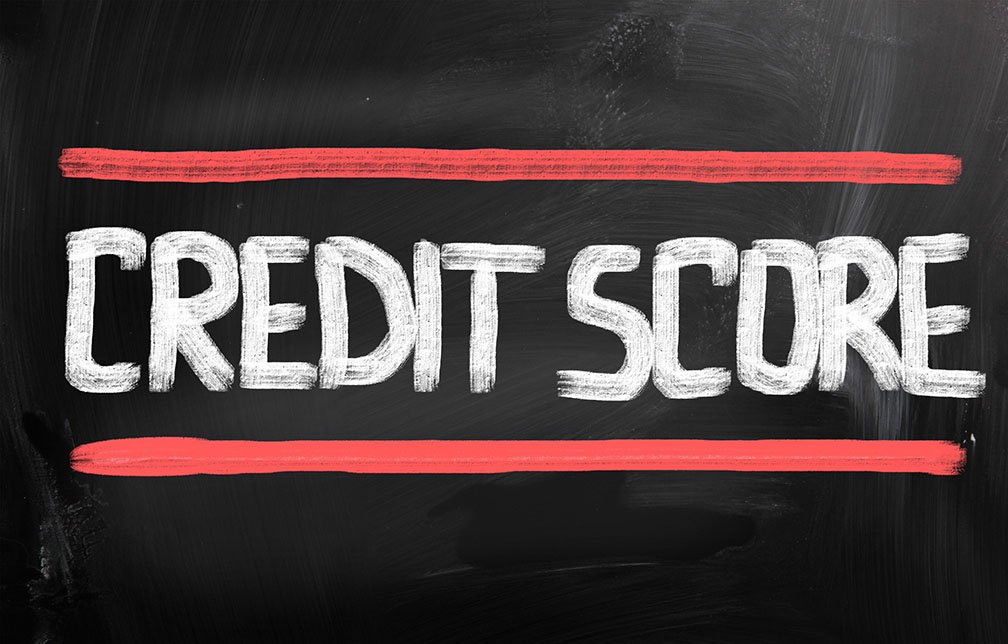A Comprehensive Guide to Choosing the Best Mortgage Options for Unique Circumstances
Securing a mortgage is a significant financial decision, and choosing the right option can have a lasting impact on your future. Each individual’s circumstances are unique, and finding the best mortgage for your needs requires careful consideration. Whether you’re a first-time homebuyer, have a less-than-ideal credit score, or are looking for specific loan terms, this comprehensive guide will assist you in navigating the process and making an informed decision.
Assess Your Financial Situation:
Before diving into the mortgage market, it’s essential to assess your financial situation thoroughly. Evaluate your income, expenses, credit score, and debt-to-income ratio. Understanding your financial health will help you determine the type of mortgage you can afford and establish a realistic budget. Then determine how much you can afford to put down and explore loan programs that align with your down payment capabilities.
Understanding the variety of mortgage options available is key to finding the one that fits your unique circumstances. Here are some common options to consider:
Conventional Mortgage:
- Suitable for buyers with good credit and stable income.
- Requires a down payment of at least 3%.
- Offers both fixed and adjustable interest rate options.
FHA Loan:
- Insured by the Federal Housing Administration.
- Designed for buyers with lower credit scores and smaller down payments.
- Requires mortgage insurance premiums (MIP).
VA Loan:
- Available to eligible veterans, active-duty service members, and surviving spouses.
- Offers terms such as no down payment requirements and no private mortgage insurance (PMI).
USDA Loan:
- Issued by the U.S. Department of Agriculture.
- Intended for rural and suburban homebuyers with low-to-moderate income.
- Offers low-interest rates and no down payment requirements.
Jumbo Loan:
- For high-value properties.
- Requires higher credit scores and larger down payments.
- Offers flexibility in loan terms.
Adjustable-Rate Mortgage (ARM):
- Interest rate is fixed for an initial period, then adjusts periodically.
- Beneficial if you plan to sell or refinance before the rate adjustment.
Navigating the mortgage landscape can be overwhelming, especially when dealing with unique circumstances. Seeking advice from a mortgage broker or loan officer can provide invaluable assistance. They can help compare mortgage options, calculate affordability, and guide you through the application process based on your specific needs.
Factors to consider include:
- Interest rates: Compare rates from multiple lenders to find the most competitive terms.
- Fees: Assess closing costs, origination fees, and other charges associated with each lender.
- Customer reviews: Read reviews from other borrowers to gauge the lender’s reputation.
Choosing the best mortgage for unique circumstances requires careful evaluation of your financial situation, goals, and available options. Assessing your finances, understanding your objectives, and seeking professional guidance will set you on the path to making an informed decision.
Remember to research and compare lenders, consider down payment assistance programs, and review all terms and conditions before finalizing your mortgage choice. By taking these steps, you’ll be well-equipped to select a mortgage that suits your unique circumstances and paves the way for a successful homeownership journey.

 Many millennials find home buying overwhelming due to a variety of factors such as high housing prices, student loan debt, competition from investors, economic uncertainty, and a lack of knowledge about the home-buying process. These challenges can make it difficult for millennials to save enough money for a down payment, find a suitable property, and navigate the complex process of buying a home.
Many millennials find home buying overwhelming due to a variety of factors such as high housing prices, student loan debt, competition from investors, economic uncertainty, and a lack of knowledge about the home-buying process. These challenges can make it difficult for millennials to save enough money for a down payment, find a suitable property, and navigate the complex process of buying a home.
 Obtaining a pre-approval for a mortgage is an important step when you’re planning to buy a home. It gives you an idea of how much you can afford, helps streamline the home-buying process, and strengthens your position as a serious buyer. However, many people worry that the pre-approval process might negatively impact their credit score. In this blog post, we’ll dive into the details to determine whether or not a pre-approval for a mortgage will hurt your credit.
Obtaining a pre-approval for a mortgage is an important step when you’re planning to buy a home. It gives you an idea of how much you can afford, helps streamline the home-buying process, and strengthens your position as a serious buyer. However, many people worry that the pre-approval process might negatively impact their credit score. In this blog post, we’ll dive into the details to determine whether or not a pre-approval for a mortgage will hurt your credit. One of the stresses of moving to a new area is giving up the familiarity that you have with your old neighbors and starting from scratch. Whether you’ve just moved to a different locale or you’re planning to relocate in the near future, there are some easy ways that you can make a home of your new neighborhood right from the start.
One of the stresses of moving to a new area is giving up the familiarity that you have with your old neighbors and starting from scratch. Whether you’ve just moved to a different locale or you’re planning to relocate in the near future, there are some easy ways that you can make a home of your new neighborhood right from the start.